
DEFARI (of Likwit Crew) & DJ BABU (of The Beat Junkies) are the Likwit Junkies, in this interview, they both get down and vent steam on how divided the hip-hop game is, depending on which side of the fence (or coast) you consider your tastes and preferences to be.
HHS: Emcees meet DJs, DJs meet emcees all the time in this small circle, and especially on tour, not to mention living in the same city, what or who brought you two together, but more importantly, what made the meeting materialize into coming together as a group and for a LP?
Defari: “Me and ‘Babs’ (affectionately referring to Babu) met back in ’95, and that’s when I knew all the Beat Junkies. I’m in good with a lot of DJs, like I know a lot of local famous DJs – Julio G, DJ Revolution, the OG KDAY Mix-masters, to DJ Alladin….It goes on. ‘Babs’ did cuts on “These Dreams” on Focus Daily, and then from there we did a song called “Joyride,” from there we did both “Behold my Life” and “Behold my Life Remixed”. Yeah, and then I came to ‘Babs’ with the idea of Likwit Junkies. I brought the idea to ABB (Records) and ten months later, here we are.”
HHS: As unique as it is to hear of an emcee in the hip-hop world having a strong traditional education by attending and graduating under grad and graduate degrees at UC Berkeley and Columbia U – do you ever sort of get fed up of this stigma every time you are mentioned? Like now for instance?
Defari: “Nah man….if people know my educational background, I mean that’s nothing but FACT, one. And two, it serves as some inspiration for some of the youth. So I don’t never get tired of people bringing it up. It’s always brought up and it’s always a positive thing, but the one thing I’m tired of is, they always bring up the teaching thing, but I haven’t taught in eight years since ’98. They run that into the ground like they have an old bio. I think a lot of people that do interviews with me, they don’t do prior research before talking to me. It’s like they read some shit from Tommy Boy or something.”
HHS: In this very oversaturated hip hop industry, why you think an average fan of the music – outside of your dedicated fan base or followers – would be lured and attracted to this album, its content and just The L.J.’s chemistry?
Babu: “I think we did a very good job of balancing classic standards with new school aesthetics. Our music that we did on this album reaches and touches people in a lot of ways that they could relate to. Good honest hip-hop with no ulterior motives. No doubt that it’s a commercial business and we eat off of this, but me relatively speaking, my other group Dilated Peoples being on a major label – the game is very complicated and very tough. With me doing a Likwit Junkies project, it relieves a lot of that tension and stress I have having to work on a major label. The LJ’s is really pure, from the heart, from the gut. It’s really honest.”
Defari: “Well, first off, because it’s a breath of fresh air, and the intriguing factor is it’s myself and Babu together. That’s like a union of two worlds I think will intrigue a lot of fans, they’ll just wanna hear it alone just off of that. And it’s another dynamic duo in the tradition of Gangstarr and the tradition of Pete Rock & CL Smooth, Eric B & Rakim, Slick Rick & Doug E Fresh. We got a really dynamic duo coming from the West Coast and people have never seen that before, and the album is so entrenched in soul, I don’t think people have ever heard a hip-hop album with so much in it, in terms of the influences.”
HHS: Defari, you mention Los Angeles and CALI in general, almost on every track. On “Salute” it’s inescapable, but overall you seem to be very adamant about driving in the point that this LP via the production and emceeing one is listening to, is from the West Coast.
Defari: “That’s all tradition as an emcee that everyone know where we from. Like even if you do it every song, which I didn’t do on the Likwit Junkies, but I probably might do it enough where you might think it’s every song. So I’m just following suit, that’s pretty much what all of us as emcees are programmed and trained to do for good reason. Because rap is such a different monster compared to all other genres of music. In rap, you gotta let people know you from, and it’s important also, because they’ve never heard a dynamic duo like this out of the West. This is a brand new thing, completely cutting edge. That’s what really makes me excited California. Plus it’s our debut album, and for those people who never heard Defari and for those people who are not familiar with Babu and The Beat Junkies, or the Likwit Crew, now it’s time to reiterate. It’s a trip because of what you say because….”(his cell phone rings interrupting). “Hold on real quick.” (He continues) “I’ve read certain periodicals as of late, I guess it’s a fad for the month of February to do West Coast articles,” he laughs. “You know one month out of the year, and ah, they don’t even make no mention of Defari. Shit, I’m legendary status, whether the journalist says it or not, I’ll say it to the journalist. So you know, I still gotta keep doing it, I’m like a missionary,” he laughs out loud. “Spreading the word.”
HHS: On “6 in the Morning” you flip into a great reggae groove, palatable for hip-hop heads to appreciate – why a turn to this genre and outside of typical hip-hop? I just love this track man.
Defari: “Ah yeah man, well that’s the beauty of Likwit Junkies, it allows Defari to do some of the creative things that I always wanted to do. In the beginning of that song, I say ‘This is for all the Kingston 12 heads.’ Kingston 12 was a popular club here in Santa Monica, all the Studio One reggae and dancehall and what not played there. And the new era of hip-hop heads, they don’t even understand how close reggae, specifically dancehall and rap, have been over the years. From the East Coast you know, but if you’re from the West Coast, sometimes you have no idea. So I co-produced that song, I brought that to ‘Babs’ and told him this is a chamber we need to visit on this record, and man, it’s such a great song. I wanted to do it from the era of riddims that you know were really bumpin’ hard in the late ’80s.”
HHS: Which brings me to ask, what’s in Defari’s disc-changer or iPod on a regular, whether in LA or traveling on the road elsewhere?
Defari: “Man, that’s a tough question because I got a CD book that I keep my CDs in, it’s over like 400 CDs in one book. The book is extremely heavy, like ten pounds,” he laughs out. “So I got an oldies CD that I made, I’ll tell you what’s in there right now. I know I got Heatwave in there, The Game’s album, Likwit Junkies’ album is in there, and I’ve been listening to Phil Tha Agony’s Aromatic, and ah…..I actually got Lil’ Weezy in there right now.”
HHS: Who?
Defari: “Lil Wayne, ’cause I like that “Go DJ”, that’s my joint! I got the Mike Jones, the “Tippin’ on 44′s” and the last CD I got up in there is that Purple Haze by Cam’ron. Evidence has a new mixtape too, I’ve been playing that as well.”
HHS: When you two look at your peers, the world of hip-hop that you’re surely a part of, what are some of your disappointing moments or observations in detail? Maybe even pertaining to yourself?
Babu: “Sometimes I really get discouraged on just how the media has gotten a hold of hip-hop culture and exploited it and watered it down, they just broadened the whole term of what is hip-hop. Like hip-hop now is ‘Hip Hop and R&B’. And I like everything man, I’m not trying to hate, but the umbrella of hip-hop has gotten really broad over the last 7 or 8 years. It’s like anything under the sun now can be called hip-hop. It’s not necessarily my peers I’m disappointed in, it’s more the industry and the media just taking advantage of it, no always putting the spotlight on the right thing or distort things. When you talk about the commercial side of things and the big business of things, the people who are really pulling strings in the positions, a lot of them don’t necessarily take the hip-hop as serious as some of us do. They don’t look at it as a culture or a way of life, it’s just a paycheck. And on top of that, people get on and off this hip-hop escalator really fast these days. I don’t know if you know or understand the analogy I’m making but it just seems like in general, unlike other genres of music, it’s ok to listen to rap until you get to a certain age but after that, you gotta let it go and not be as into it. For my peers and who I’m with, we’re so diehard about the real shit, we don’t know any other way about it. But with hip-hop taking over so large, it can’t help but get watered-down too, it’s a double-edge sword.”
Defari: “When I listen to the music, that’s the DJ side of me, so I don’t really listen to the music as an artist per say. I listen to it as a DJ and as a 12-year old B-Boy who started scratchin’ hip-hop. So I listen to it as a DJ, for the most part I be listening to records seeing how I could mix them and stuff. Some of the things that disappoint me to make a long story short, is those lackluster rhymes, lackluster topics and concepts. Just the recycled same stuff. But at the same time, I don’t take it too personal, I don’t get mad about it, it’s just music. Either I like the song or I don’t. I have a lot of other options or choices. I think when I was younger, you take it to heart like ‘oh noo, that’s not hot, or he’s whack, he’s dope!’ I don’t even get into that no more. It’s just, I like so much music, you feel me?”
HHS: Is that what makes you push on, because you’re not just into one world of only hip-hop, you enjoy so many other forms of music, and your maturity makes you sort of pour in fresh effort of hip-hop so to speak?
Defari: “Exactly, I’m playing Heatwave and then I’m playing Mike Jones, youknowhatI’msayin? That’s the beauty of music, for different moods, for different times. Because I’m a, I’m a, I’m a GHETTO NIGGA!” (we laugh) “Me myself, I know what I’m good at in terms of my music. My music if for the hip-hop Diaspora of people who love hip-hop, then there’s the whole Black Rap world – stuff that’s in my immediate environment with the cars driving by rattling the windows. I love it all man, ’cause I stay ‘street’ and at the same time I always stay trying to push forward for this hip-hop. I just don’t limit myself just to rap and a bunch of bonehead lyrics. So it’s just the melting of the world.”
HHS: As much as you’ll represent LA, it’s hard to escape the fact that a big part why you’ve become the type of emcee/dj duo today, has a lot to do with being groomed from early on classic foundational East Coast hip-hop – NYC to be exact.
Defari: “But you can’t fight and dismiss Ice T, LA Dream Team and World Class Wreckin’ Crew, King Tee. There was more coming from the East. Nowadays there’s more music coming out the West Coast then it was back then, however, the same bias reporting and overlooking of the music is even more atrocious than then. The non-recognition of Los Angeles other than Gangster rap, is an atrocity, one. Two, the fact that magazines are sort of One-Coast biased, and their headquarters are on another coast, we get the short end of the stick.”
HHS: True, but besides the fact you mention CALI/LA/West Coast a lot, are there entities or styles in your music that you care to define for us, that you see as influenced from the East Coast – that parallel comes up a lot with your style, why is that?
Defari: “Oh yeah, I have influences from all coasts. For example, from the South, I could spit ’150′ in a heartbeat. I can go double-time, in fact I’m nice at it too. And you’ll see that on my new album, Street Music. And on this album, in “One Day Away” on Likwit Junkies you see me giving you’ll that chamber. I’m going ’150′ and that’s Southern style. Do I particularly have an East Coast style, no not really. But because I’m more of an emcee, the cliché is this West Coast rapper dude and I’m lyrical, well, they’ll say, ‘he sounds like the East Coast’. These are labels placed upon us, not labels that we place upon ourselves. That’s why The Game’s album is such a beautiful thing. ‘Cause it’s most definitely West Coast in all of its promotion and marketing, but The Game sounds like he’s from the East Coast.”
HHS: Sound like Nas if you ask me….
Defari: “Right! And in terms of any influences, of course I’ve been influenced by the great emcees like Slick Rick – my favorite. KRS-One. What influenced me to write my first rhyme was “Eric B is President”. I’ve been influenced by Nas, Jay-Z and anybody in the game can’t deny that they’re not influenced by who’s at the top of the game at the time. I’ve been influenced by Pac, Biggie….Ice Cube I can’t never forget. And LL….”
HHS: DJ Babu, as a producer and turntablist over many years now, looking forward to this Lp’s release with Defari, and looking back at your career with The Beat Junkies and Dilated Peoples – how could you say with you, LA and the scene of hip-hop has been shaped? In other words, without you, what and how would it be different?
Babu: “People really knew us, The Beat Junkies, when I first became part of the scene for DJ battling. Initially in LA, and then all around the world we’ve been known for ripping all these battles, it opened up a lot of doors for us. All of a sudden DJ Melo-D had a gig with Julio G on 92.3 The Beat, the Melo started bringing in Icy Ice, Rhettmatic, he brought in myself. Then on Power 106, they got Mr. Choc who brought in J-Rocc over there. For a second we just really had the city on lock from both commercial radio stations, to the battles, to the clubs, to the mixtapes. We brought back a renaissance of real high quality hip-hop Djing, we raised the bar….”
HHS: Almost necessary to make some part of your LP authentic hip-hop, you have to also depend on scratching chorus-hooks, as opposed to lazily employing a singing or rapper recited hook repetitively. There seems to be a lot of examples on The LJ’s – care to explain the process or the art of scratching chorus hooks?
Babu: “My whole attraction to DJs period, in hip-hop was, I was always drawn to DJs in rap groups. My ears were, from anywhere from ’86,’87,’88 to the early ’90s where it was groups like Jazzy Jeff & Fresh Prince, I liked EPMD because of DJ Scratch. I really grew up on rap groups where DJs got busy. So once we have a beat, or a song idea, I’m already automatically going through my mental rolodex of things that could texture-wise, compliment the song, as far as bringing in the new sound or instrument and on top of that, you definitely wanna cut something that makes sense that the song-topic is. And I’m a big Gangstarr fan, Primo really laid down the original blueprint for me and for what I try to do. But then you look at the situation with me and Dilated Peoples, literally sometimes scratching another rapper is more expensive, it’s ridiculous. The sampling issues and complications….it’s such a doggy dog industry, that’s such a whole other career for some people is just collecting money off samples, a very dangerous, expensive game. I’d love to see more and more people doing the scratching hooks, but they know the reality of the game – am I really gonna scratch in this KRS-ONE sample, and give away 50% of my publishing?”
Comments
No Comments
Leave a reply
- Raekwon Sets A Release Date For “F.I.L.A.” Album
- BUSH: A Snoop Odyssey Produced By Pharrell Williams [Preview]
- Drake – “If You’re Reading This It’s Too Late” Surprise Album on iTunes Now
- Action Bronson “Mr. Wonderful” Cover Art and Tracklist
- Juicy J “Blue Dream & Lean 2″ Mixtape Cover Art & Release Date Revealed
- MF Grimm “MF Love Songs” Cover Art + Tracklist
- Lord Hakim – “Brass Knucklez” (feat. Vast Aire & Phizz Ed)
- IAMSU! – “Hella Good” (feat. Tyga)
- DJ Kay Slay – “I Declare War” (feat. Styles P, Sheek Louch, Vado, Raekwon, & Rell)
- Maverick Sabre – “We Don’t Wanna Be” (feat. Joey Bada$$)
- Cannibal Ox – “Blade: Art of Ox” (feat. Artifacts & U-God; prod. Black Milk)
- Asher Roth – “Blow Your Head” (prod. Nottz)
- It's Time To Say Goodbye...
Commented on by Yungplex - It's Time To Say Goodbye...
Commented on by geedubbleyoo - Fat Trel - "In My Bag" (feat. Wale)
Commented on by Katae - Kanye West's "Runaway": What Does It All Mean?
Commented on by fidgar - Sole Vs. El-P: Part One - Sole
Commented on by Reno Yakavetta - It's Time To Say Goodbye...
Commented on by Atom
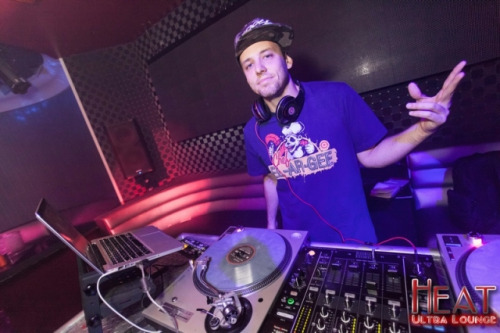

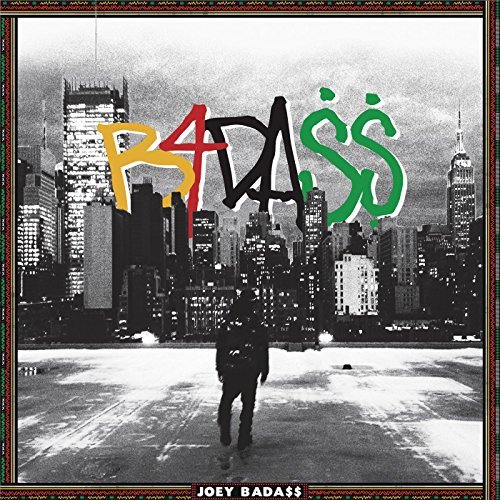
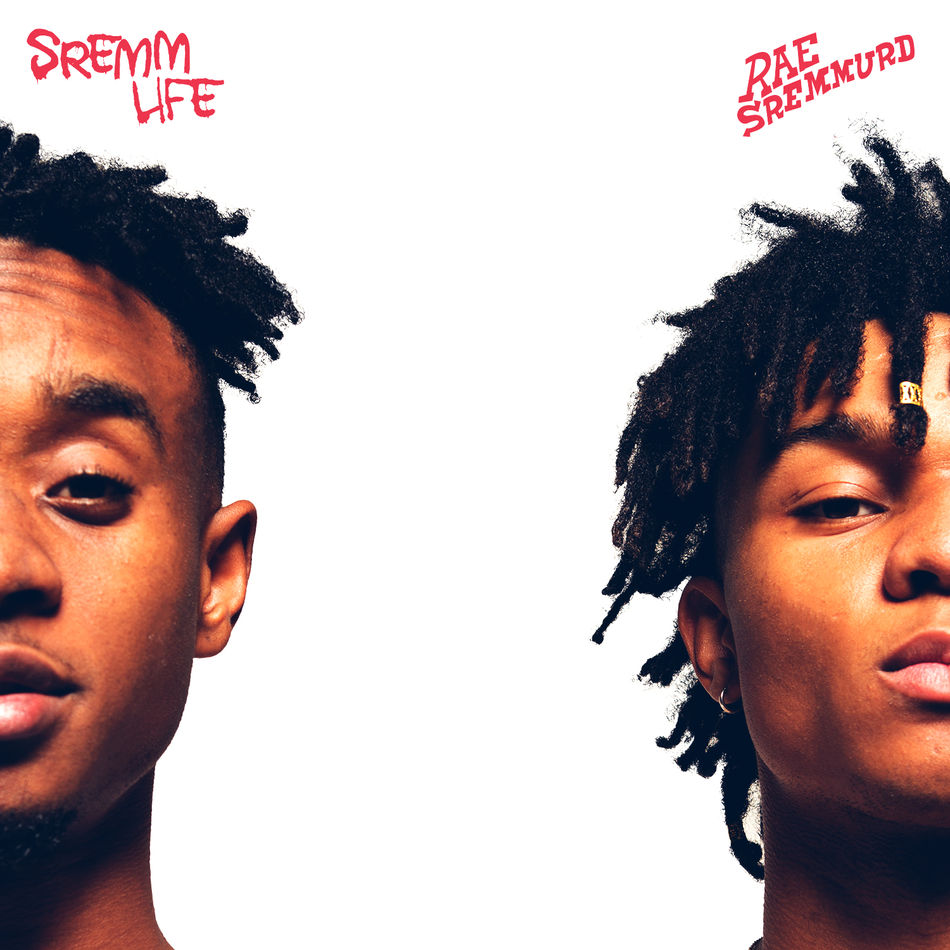
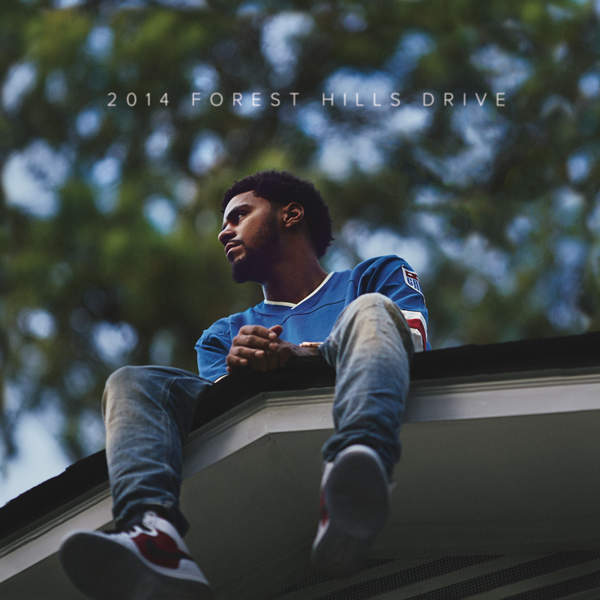




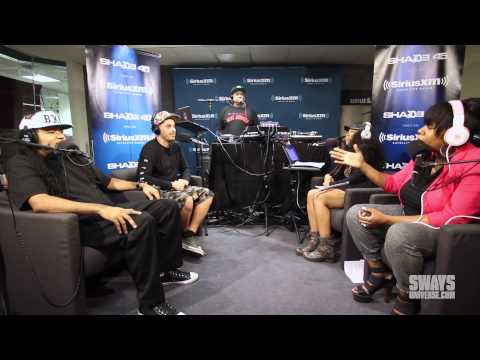
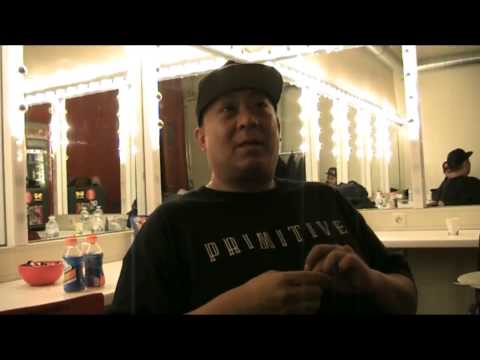

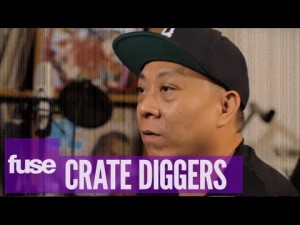

 Mixtape D.L.
Mixtape D.L.
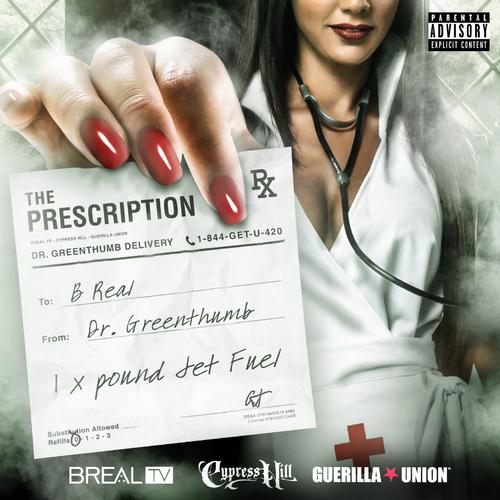

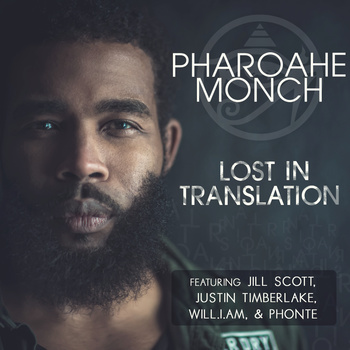

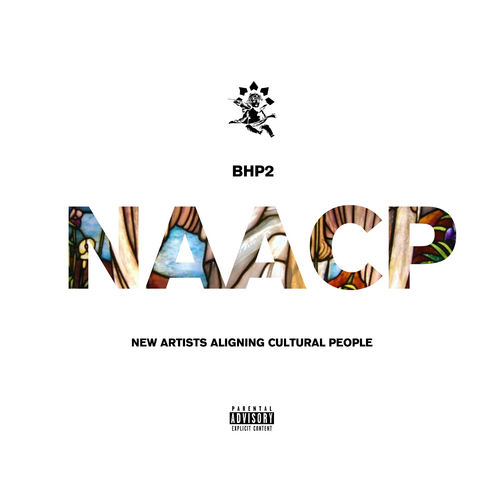
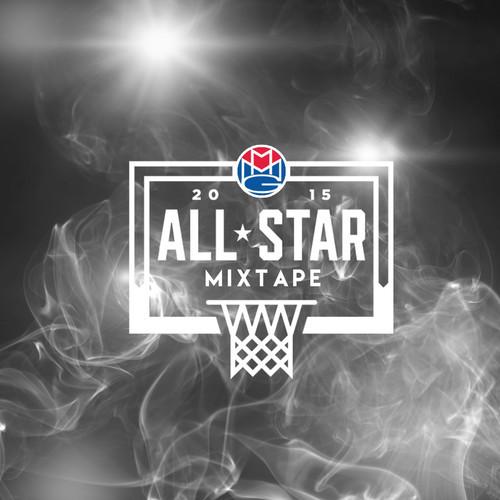
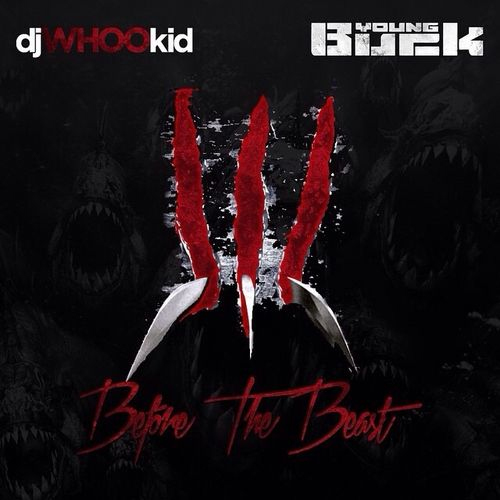
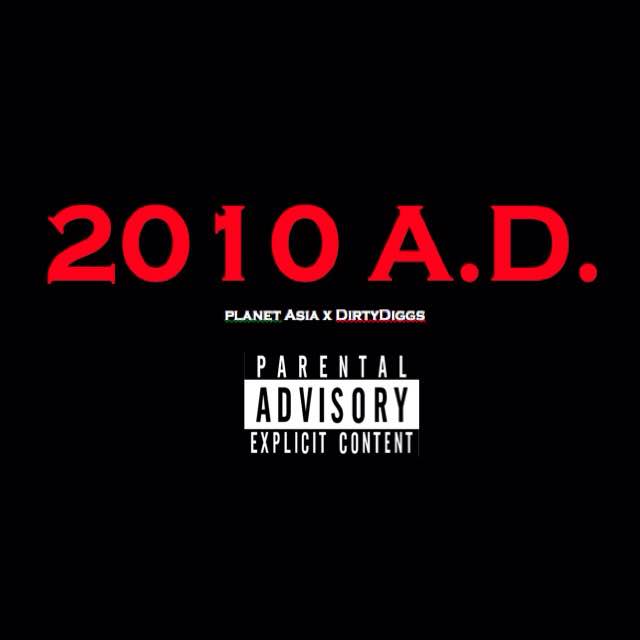
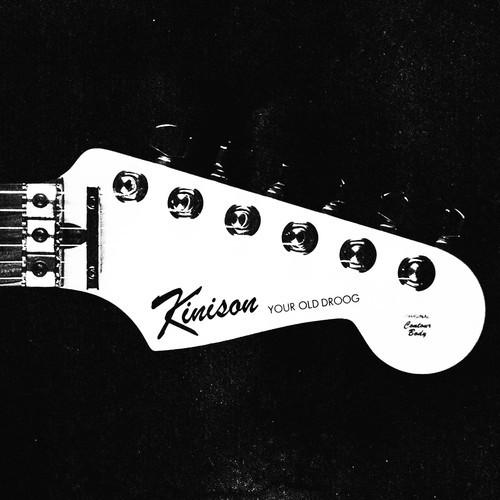
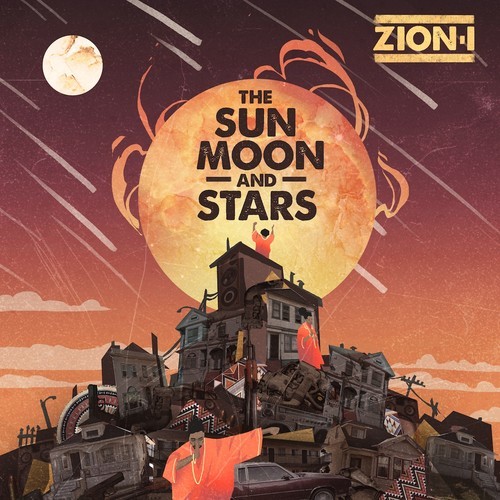

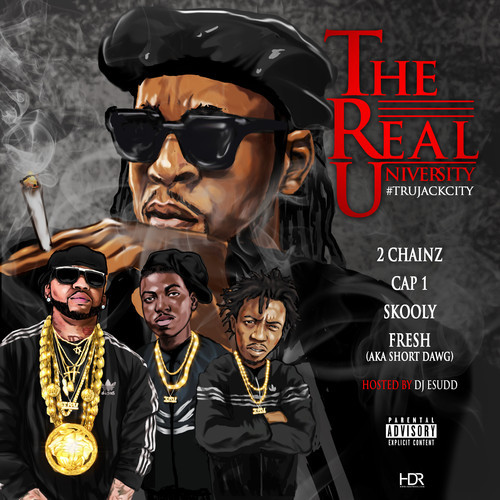
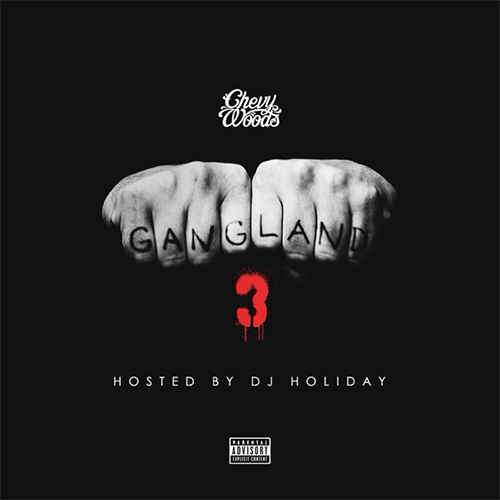
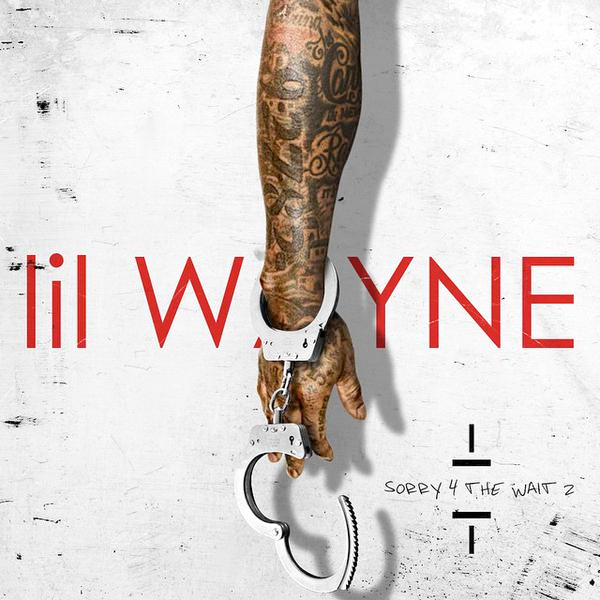
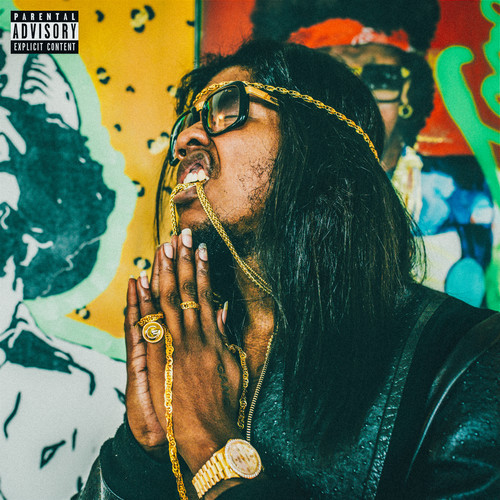





20 April, 2005@12:00 am
0 comments